Thailand’s Cannabis Industry: Where Cafes Double as Hotspots for Japanese Tourists
Two years after legalization, despite re-regulation, a massive market with 8,000 stores spreading across the country
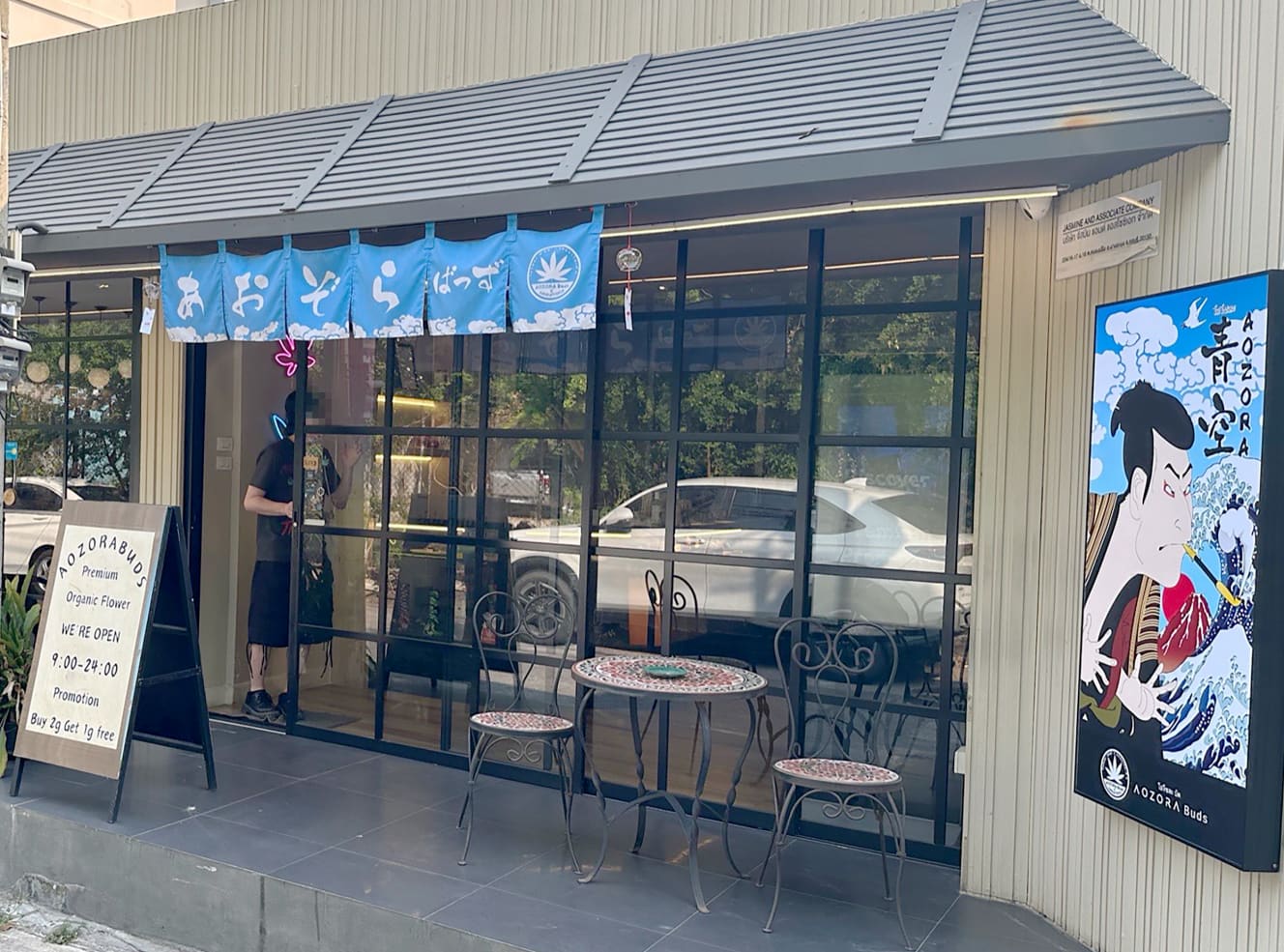
Tourists, exhaling joints (rolled cannabis) while stumbling with a blissful expression, were a common sight. In alleyways, there were also white individuals who had lost consciousness due to overdosing, being transported by ambulance.
In June 2022, Thailand partially legalized personal cannabis use, sparking debates worldwide. The streets were flooded with dispensaries (cannabis stores) adorned with glamorous decorations, often indistinguishable from cafes, and they were easier to spot than convenience stores. The number of these stores has now reached nearly 8,000 across Thailand.
Less than three years after legalization, cannabis was once again made subject to regulations this year. What has happened to the cannabis situation in Thailand? The reporter, who flew to the scene, witnessed the situation described at the beginning.
Japanese people’s characteristics. Why are they considered high-value customers?
At a dispensary near Sukhumvit, the main street in Bangkok, there were people from the Middle East and Japan. The staff member attending inside was a Filipino migrant worker. When the reporter revealed that they were Japanese, Ana (30) cheerfully struck up a conversation.
“Most people who come to buy cannabis are tourists—Europeans, Middle Easterners, Indians, Koreans, Chinese, and a lot of Japanese as well. The characteristic of Japanese customers is that they seek good quality. They value quality over price, so they are considered high-value customers.”
The general price range for cannabis is said to be between 200 baht (around 880 yen) per gram and 1000 baht (around 4400 yen).
Thailand’s cannabis market is said to be worth around 170 billion yen, making it a massive industry. Even with the recent legal changes that put cannabis back on the narcotics list, the market’s impact is still not felt.
The shops also employ migrant workers from neighboring countries, providing jobs. Nel (32), who also came to work from the Philippines, says, “With so many stores opening, the competition is tough. But it’s profitable, and the pay is good. If the government suddenly imposed strict regulations, there would be a flood of unemployed people. I don’t think the government is serious about cracking down.”
In the “Nana Plaza,” an area dense with go-go bars, a group of Japanese university students was making a commotion. Holding cannabis purchased at an adjacent dispensary, they were joyously celebrating while being served by half-naked Thai women.
One Japanese expatriate commented that this kind of scene has become common since the legalization of cannabis legalization.
“Bangkok has seen a significant rise in living costs, and it’s almost like Japan now. But the number of ‘cannabis tourists’ has increased. However, most Thai people actually dislike cannabis. When we go out in the nightlife areas, we often find that Japanese people are disliked, likely due to the cannabis tourists. It’s a complicated situation.”
The not-so-sweet cannabis business
Two and a half hours by bus from Bangkok, in the tourist city of Pattaya, the atmosphere becomes even more relaxed. Just outside the city, there are farms growing cannabis scattered around.
At a dispensary in Pattaya, magic mushrooms, which are also illegal in Thailand, were being sold, alongside cannabis chocolates and cannabis cookies. Perhaps mindful of Japanese customers, high-end cannabis brands were even wrapped in packaging labeled “Wagyu.”
According to local laws, cannabis products are supposed to contain less than 0.2% of THC (tetrahydrocannabinol), the psychoactive compound. However, it seemed that many stores were not following this regulation. Staff at shops selling cannabis with THC levels exceeding 50% showed no signs of concern.
“No one really thinks about strictly following the rules. Customers want strong products,” said one shop employee.
Though still few in number, some Japanese people are entering the cannabis business. A Japanese man who runs a cannabis shop in Pattaya shared his thoughts:
“There was an announcement about legal changes last summer. The regulations have already changed, but honestly, there has been no change at the ground level. This will likely remain the same for the next 10 years.”
However, running a business is far from easy. “Selling cannabis to tourists alone is not enough to recover the massive investment required,” he explained.
“With an investment in the hundreds of millions of yen, doing business only in Thailand would not be sustainable. Our main business is exporting to cannabis-legal countries like the Netherlands, Germany, and Australia. According to Thai law, foreigners can only own up to 49% of the company’s shares. You have to find a trustworthy Thai business partner. The cannabis business in Thailand is not easy.”
Locally, the term “Green Rush,” analogous to a gold rush, has gained popularity. Will Thailand’s “cannabis bubble” continue in this tourist-driven market?
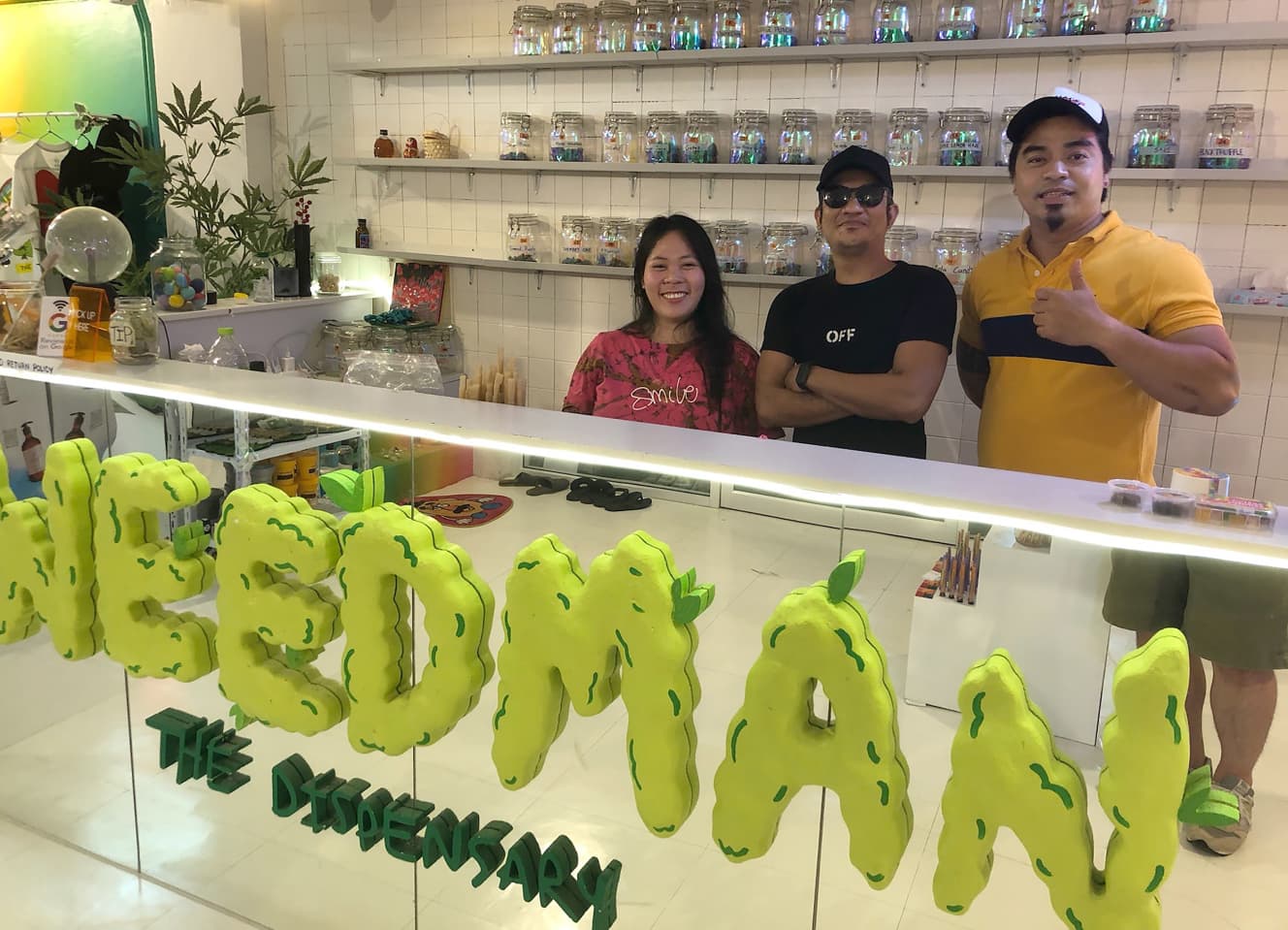
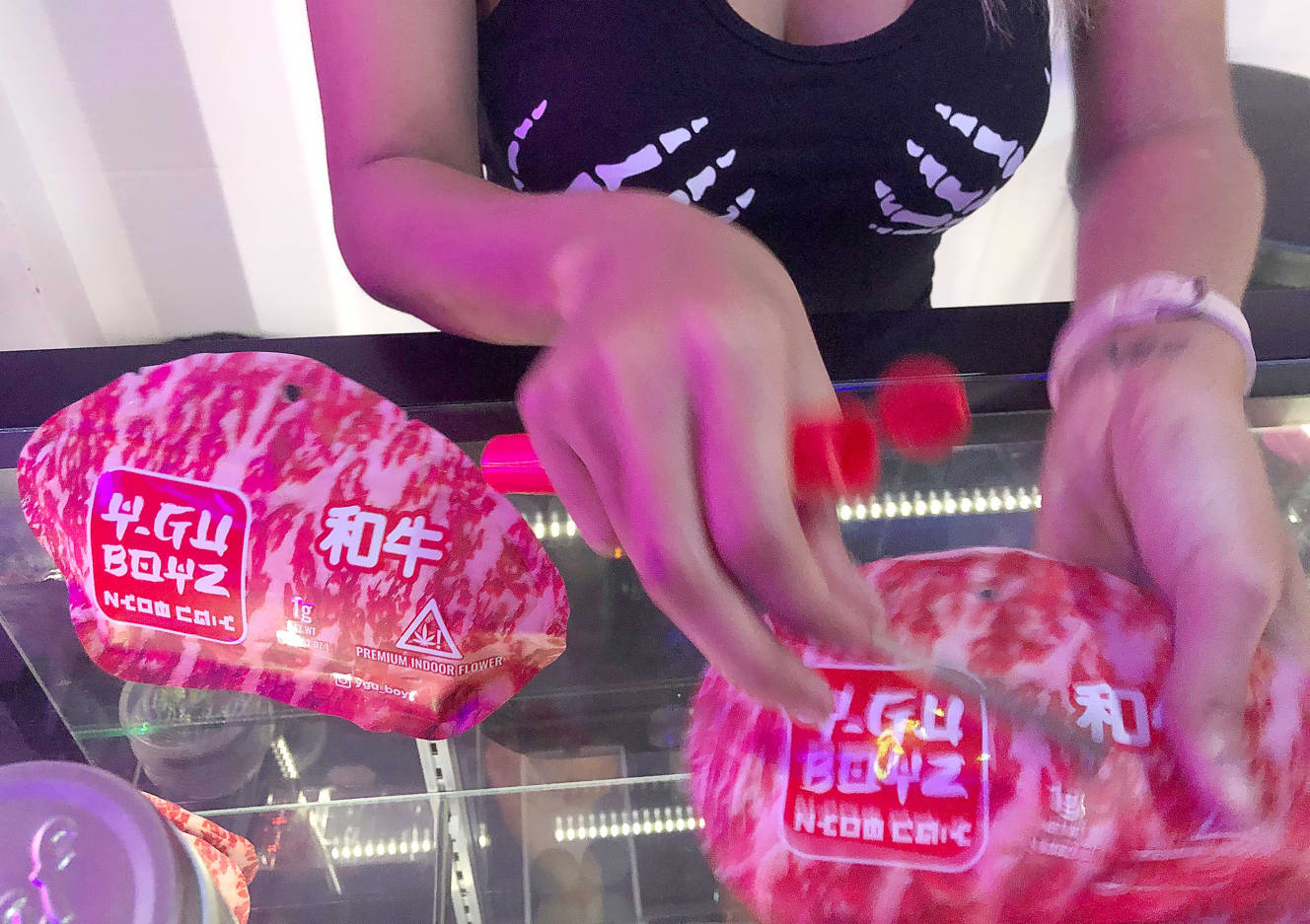
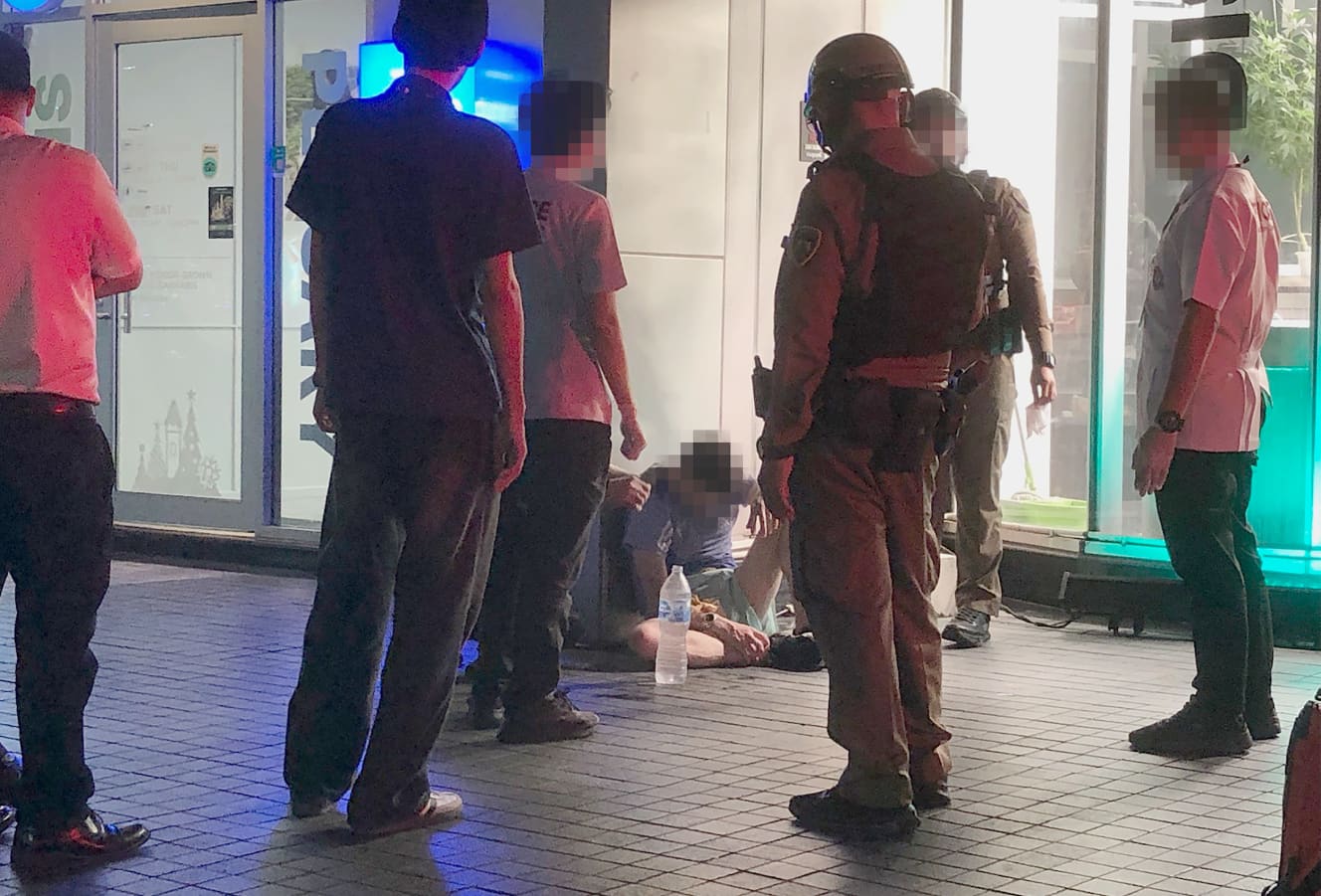
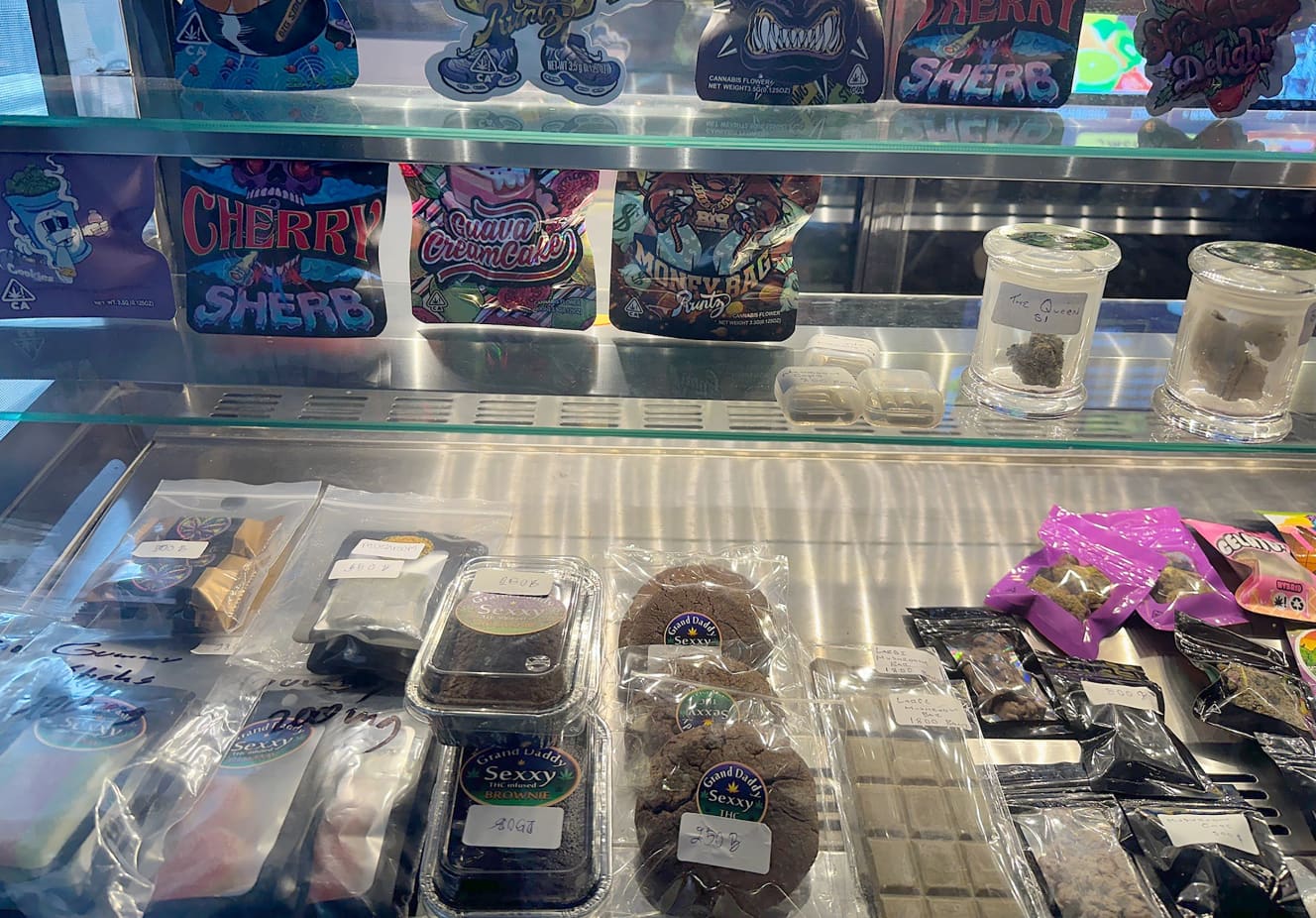
From the May 30, 2025 issue of “FRIDAY”